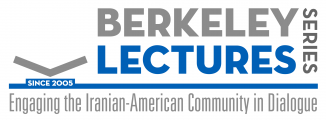Discussion on the Historical Election
Ross Mirkarimi was born in Chicago in 1961 to an Iranian father, Hamid Mirkarimi, and a Russian-American mother, Nancy Kolman.
Ross grew up in a climate where stuffing envelopes and protesting was another form of family recreation. His mother, an anti-war, pro-union labor, feminist activist, worked for the State of Rhode Island for 30 years, seventeen as the Deputy Director for the Rhode Island Commission of Human Rights.
In the late 1980s, Ross spent time with the German Green Party in Bonn as they ascended to power in Parliament. He returned motivated into kick-starting the California Green Party.
Ross took a leave of absence from the D.A.’s office in mid-2004 to run for his first elected office. In a field of 22 candidates, he won the race to become Supervisor of District 5. Since taking office in January 2005, every month on the third Friday, Ross has faithfully hosted an art reception for a local artist.





